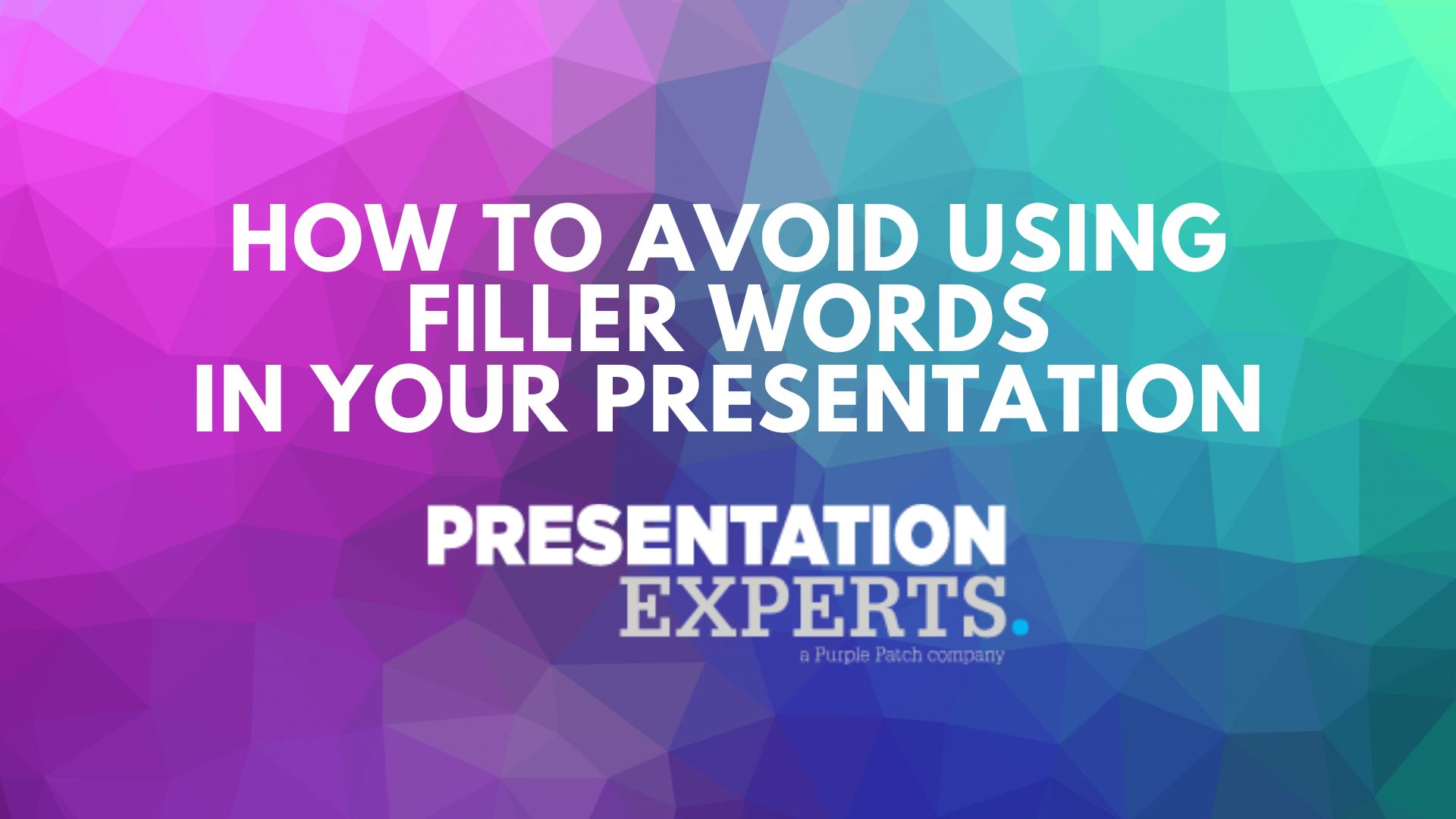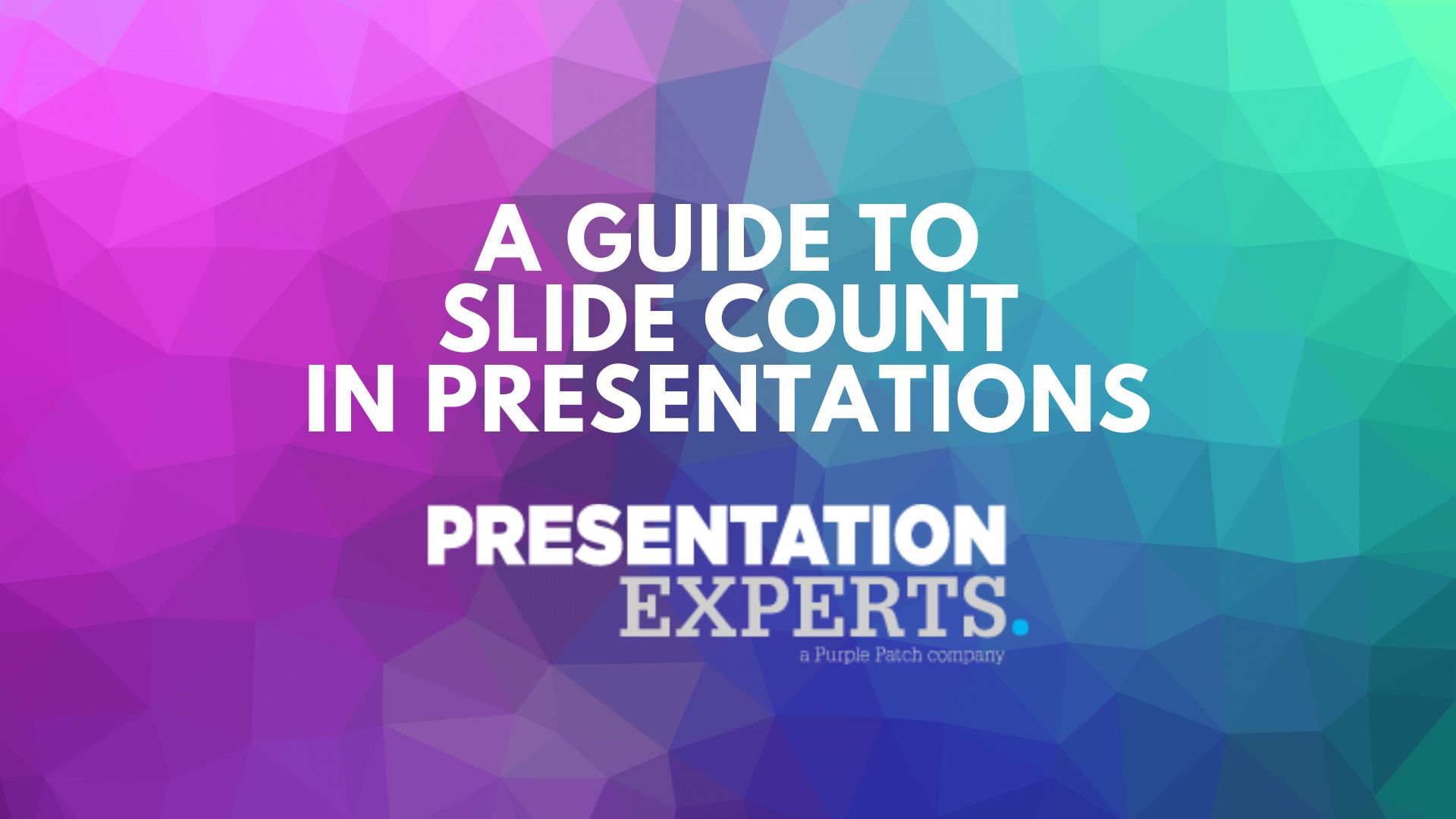

While most speakers understand the importance of communicating effectively, many find themselves using filler words during their presentations. Filler words, such as “um,” “uh,” and “you know,” are seemingly innocuous verbal crutches that can undermine the impact of your presentation, diluting its message and diminishing your speaker’s credibility.
If you are serious about improving your presentation skills and would like to avoid using filler words during your presentation, you have come to the right page! In this article, we will explore various strategies to eliminate filler words from your speech and command the stage with confidence and thought clarity. But before we go through our professional tips and advice on the topic, let’s understand what filler words are and how they can affect our presentation.
Understanding Filler Words
Filler words, often dubbed verbal crutches, serve as linguistic placeholders during speech. More often than not, speakers use them for punctuating sentences and bridging gaps in thought. Here’s a list of some of the most commonly used filler words, so you can better identify them in your speech:
- Um
- Uh
- Like
- Well
- You know
- So
- Basically
- Actually
- Literally
- Kind of
- Sort of
- Anyway
- I mean
- Right
- Okay
- I guess
- Just
- Really
- Essentially
- Honestly
These words often slip into speech without conscious awareness and can detract from the clarity and effectiveness of communication. They act as distractions, diverting the listener’s attention away from the core message of the presentation. Instead of focusing on the speaker’s ideas, audiences may find themselves fixating on the frequency of “ums” and “uhs,” leading to a disconnect between speaker and listener.
Moreover, excessive use of filler words can affect the speaker’s credibility, conveying an impression of uncertainty or lack of preparation. By becoming mindful of your choice of words and practising techniques to reduce the usage of filler words, you can improve the impact of the presentation on your audience.
How to Avoid Using Filler Words During Your Presentation
- Collect your thoughts
Prior to stepping onto the stage, you should put in some time and effort in crafting a clear and coherent message that will accompany your presentation. Begin by outlining the key points you wish to convey, and structuring your presentation in a logical and sequential manner. By organising your thoughts beforehand, you minimise the risk of stumbling over words and resorting to filler phrases.
- Rehearse your speech
Rehearsal is key to refining your delivery and mitigating the urge to fill pauses with filler words. Practice your presentation multiple times, paying close attention to your pacing, tone, and articulation. As you familiarise yourself with the content, strive to internalise key points and anticipate potential areas of uncertainty. Through diligent preparation and practice, you can cultivate the confidence and fluency necessary to captivate your audience and command their attention.
- Record and review your speech
Recording yourself during practice sessions allows you to identify patterns of filler word usage. Listen back to your recordings and make note of instances where filler words creep into your speech. By pinpointing specific areas for improvement, you can actively work towards eliminating filler words from your presentations.
- Pace your speech
Speaking slowly can significantly reduce the need for filler words by giving your brain more time to formulate thoughts before speaking. Aim to pace your speech in a deliberate manner, allowing for natural pauses between sentences. Practising mindful speaking can help you maintain a steady tempo and reduce the tendency to resort to filler words to fill gaps.
- Take a deep breath
Breath control is crucial in regulating speech and minimising the use of filler words. Before delivering your presentation, engage in deep breathing exercises to calm nerves and promote a steady flow of speech. During your presentation, focus on maintaining a steady rhythm of inhalation and exhalation to support a confident and composed delivery.
- Use pauses intentionally
Intentional pauses can be beneficial in public speaking, allowing you to emphasise key points and engage your audience. Instead of using filler words to fill pauses, embrace these moments of silence to recall important ideas and allow your audience to reflect upon what you’ve just shared. Practise incorporating intentional pauses into your presentations to enhance clarity and impact.
- Seek feedback
Receiving feedback from trusted peers or mentors can provide valuable insights into areas for improvement in your presentation skills. Request feedback from individuals who are familiar with your speaking style and can offer constructive criticism. Be open to receiving feedback, and use it as an opportunity for growth and refinement. Implement suggestions from the feedback you receive to refine your delivery and further reduce reliance on filler words.
- Stay present
Mindfulness plays a crucial role in effective communication. Stay present in the moment and focus on engaging with your audience rather than worrying about your delivery. By directing your attention outwards, you will be less likely to rely on filler words as a crutch.
- Use visualise techniques
Visualisation techniques can help alleviate anxiety and boost confidence before a presentation. Take a moment to visualise yourself delivering your speech with poise and precision, free from filler words. Mentally rehearsing a flawless performance can help improve your presentation delivery.
- Allow yourself to make mistakes
Eliminating filler words from your speech takes time and practice. Don’t be too hard on yourself if you slip up occasionally. Recognise your progress and celebrate small victories along the way. With patience and perseverance, you will gradually refine your presentation skills and deliver speeches that impress and inspire your audiences.
Overcoming Challenges
Working on speech patterns
If you have a habit of using filler words, it may be deeply ingrained in your speech patterns. Overcoming this habit requires conscious effort and consistent practice. By recording your presentations and actively monitoring your speech, you can identify instances of filler word usage and work towards replacing them with intentional pauses or clearer articulation.
Managing presentation anxiety
Needless to say, anxiety can exacerbate the tendency to rely on filler words. To mitigate this issue, you will need to manage anxiety effectively, relying on solutions such as deep breathing exercises or visualisation techniques, a couple of which have already been shared in the previous section. In addition to these tips, you may consider finding other means of support, if presentation anxiety is still a concern for you. We have also published a detailed guide that contains plenty of tips and advice for relaxing before a presentation. You can read it here.
Celebrate Progress
Recognise improvements
Acknowledging achievements is essential in maintaining motivation and momentum on your journey to eliminate filler words. Take time to celebrate milestones in your progress, no matter how small they may seem. Recognise improvements in your presentation skills, whether it’s delivering a speech with fewer filler words or receiving positive feedback from peers. Each achievement brings you closer to your goal of becoming a more effective communicator.
Acknowledge the efforts you are putting in
Appreciating the effort invested in refining your presentation skills is also crucial. Recognise the dedication and perseverance required to overcome challenges and refine your delivery. Take pride in the time and energy you’ve invested in practising and improving your public speaking abilities. By acknowledging your efforts, you reaffirm your commitment to continuous growth and development in this essential skill.
Stay motivated
Use celebrations as motivation to continue refining your presentation skills. Set new goals to challenge yourself and further reduce filler word usage in your speeches. Draw inspiration from past successes to fuel your determination to excel in public speaking. By staying motivated and focused on your goals, you can continue to make improvements in your presentation skills.
Final Thoughts
Eliminating filler words from your speech requires dedication, patience, and practice. If you’re eager to enhance your presentation skills and captivate your audience with confidence and clarity of speech, look no further than Presentation Experts! As a leading UK company in the field of presentation design and skills training, we specialise in empowering individuals to become expert presenters. Our expert guidance and support are designed to help you eliminate filler words, refine your delivery, and command the stage with authority.
Whether you’re a seasoned professional seeking to polish your presentation skills or a novice looking to build your confidence, our team of skilled professionals is here to support you every step of the way. To learn more about how we can help, contact us today!







